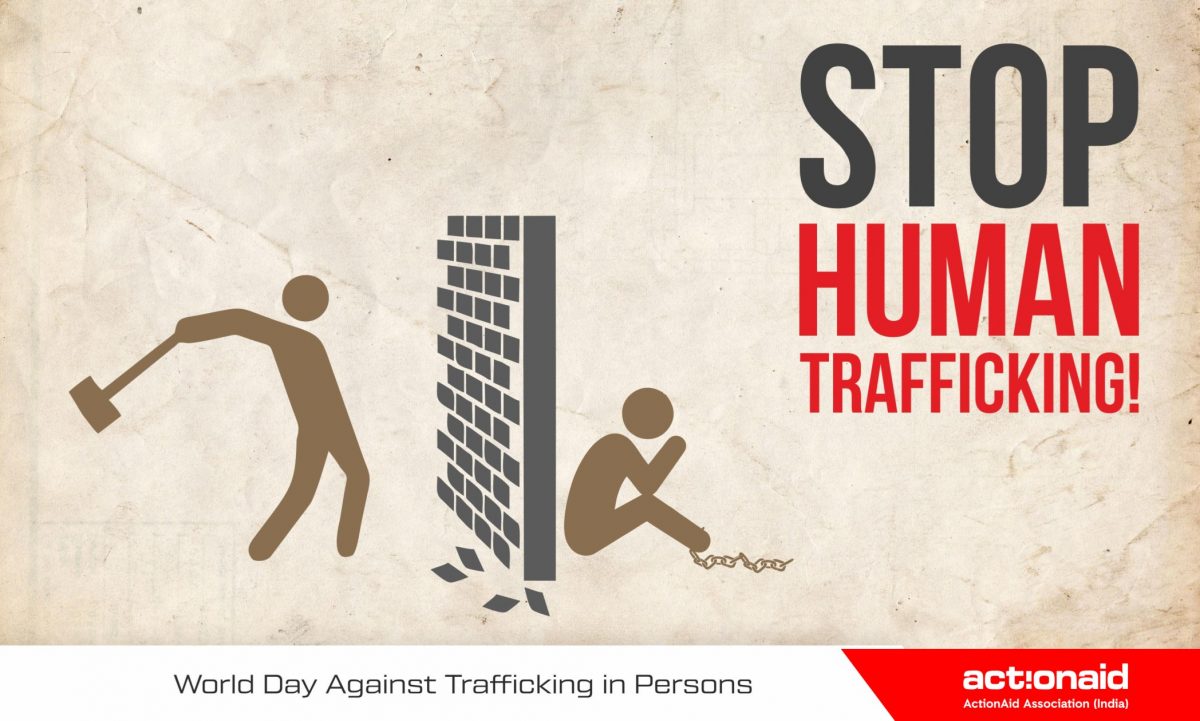Human trafficking remains one of the most pervasive and devastating global human rights violations in 2025. According to the Global Slavery Index (2023), an estimated 50 million people are trapped in modern slavery—comprising forced labour, sexual exploitation, forced marriage, and child trafficking. Vulnerable populations—especially women, children, migrants, Indigenous communities, and displaced persons—are disproportionately affected.
Human trafficking is a global phenomenon driven by a combination of structural inequalities, systemic failures, and individual exploitation. Its root causes are deeply embedded in social, economic, and political systems around the world.
Paramount is poverty and economic inequality which has created a desperation for work and survival. It is this crisis that drives individuals and families —especially in low-income communities—to accept risky job offers or migration routes, making them vulnerable to traffickers. Armed conflicts, natural disasters, and climate change displace millions, leaving refugees and internally displaced persons at heightened risk of exploitation. In all this, women and girls are disproportionately impacted. They are especially vulnerable to being trafficked for sexual exploitation and forced marriage. The impunity that gender-based violence has, the gendered nature of lack of education and limited livelihood options adds an added layer of precarity for women and girls at home and follow them to the place they have been trafficked to.
In many countries, the absence of effective law enforcement, border control, and justice systems allows traffickers to operate with impunity. Corruption often facilitates trafficking networks. The demand for cheap labour, products, and commercial sex services fuels trafficking across supply chains, from agriculture and construction to domestic work and entertainment. Today, when safe migration routes are inaccessible or restricted, people turn to irregular means, often falling prey to smugglers and traffickers who exploit their vulnerability. Minority groups, Indigenous communities, and children without family support are systematically excluded from protections, increasing their risk of being trafficked.
Despite global concern on horrors of human trafficking, the practice continues across the world. Key global hotspots include South Asia, where bonded labour and cross-border trafficking are rampant; Southeast Asia (notably Myanmar, Cambodia, and Laos), where thousands are enslaved in online scam centres; Sub-Saharan Africa, particularly Nigeria and South Sudan, where trafficking is driven by conflict, poverty, and weak governance; Latin America, where organized crime groups facilitate trafficking for both labour and sex and North America and Europe, where trafficking often occurs behind closed doors, enabled by online platforms and underground networks.
Despite growing awareness, prosecution rates remain low, victim support systems are fragmented, and traffickers often operate with impunity, especially in conflict and crisis zones.
Ending human trafficking requires a multi-layered, global approach. We need to strengthen laws and enforcement. Governments must criminalize all forms of trafficking, close legal loopholes, and prosecute perpetrators effectively. We must protect and empower victims. Survivors need trauma-informed care, safe housing, legal aid, and economic rehabilitation. We need to regulate global supply chains. Corporations must ensure their operations are free of forced labour through transparency and accountability mechanisms. We have to foster international cooperation, Cross-border collaboration, information sharing, and support for countries with limited capacity are essential. Public awareness has to be spread empowering communities to recognize, report, and resist trafficking helps build local resilience.
Most importantly all governments need to recognize and take action to tackle the root causes of human trafficking. Poverty, discrimination, gender inequality, and displacement must be addressed through inclusive development and social protection.
Human trafficking is not inevitable—it is a crime of greed enabled by inequality and inaction. With concerted effort and political will, a world free from trafficking is possible.
 Author: Joseph Mathai
Author: Joseph Mathai

